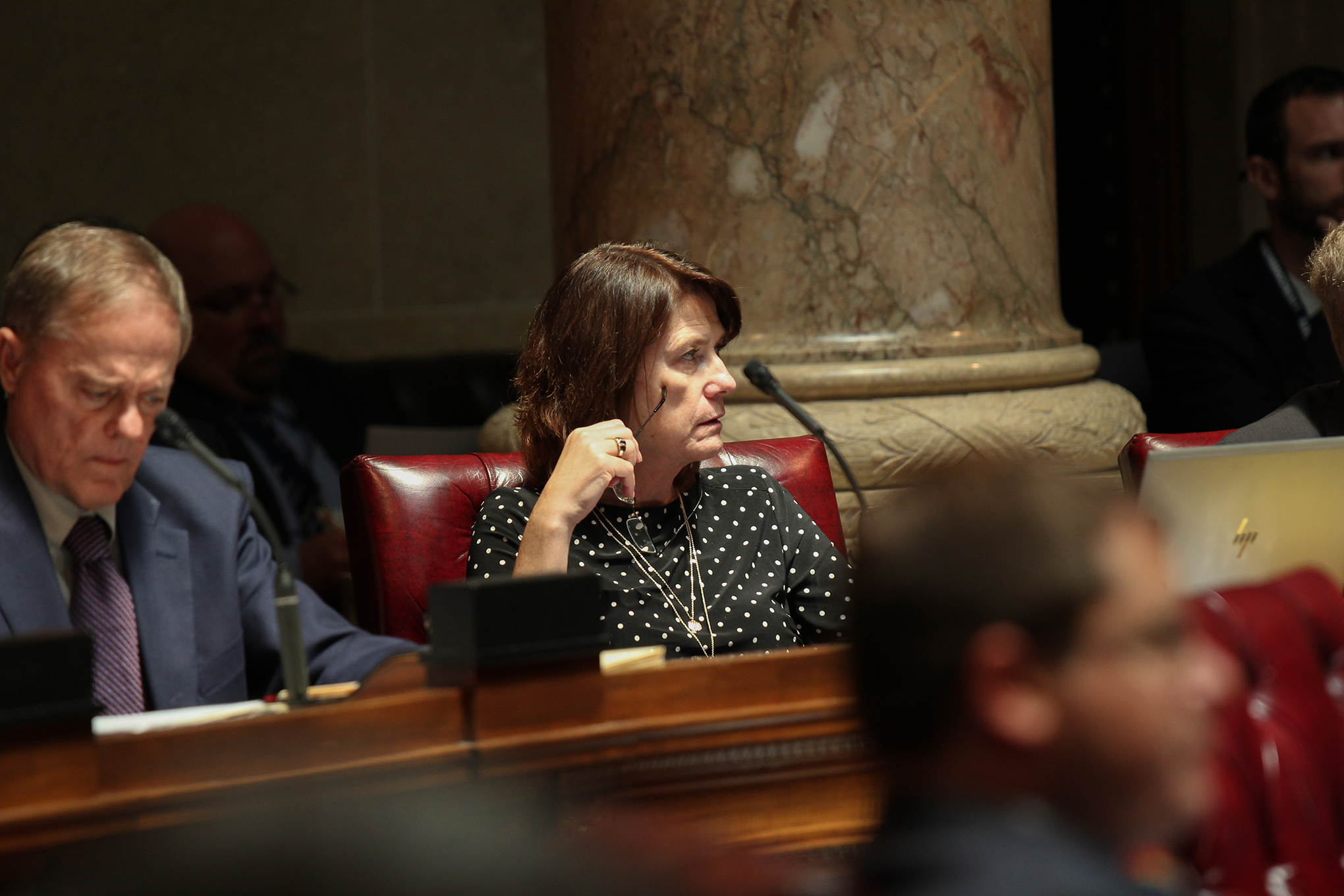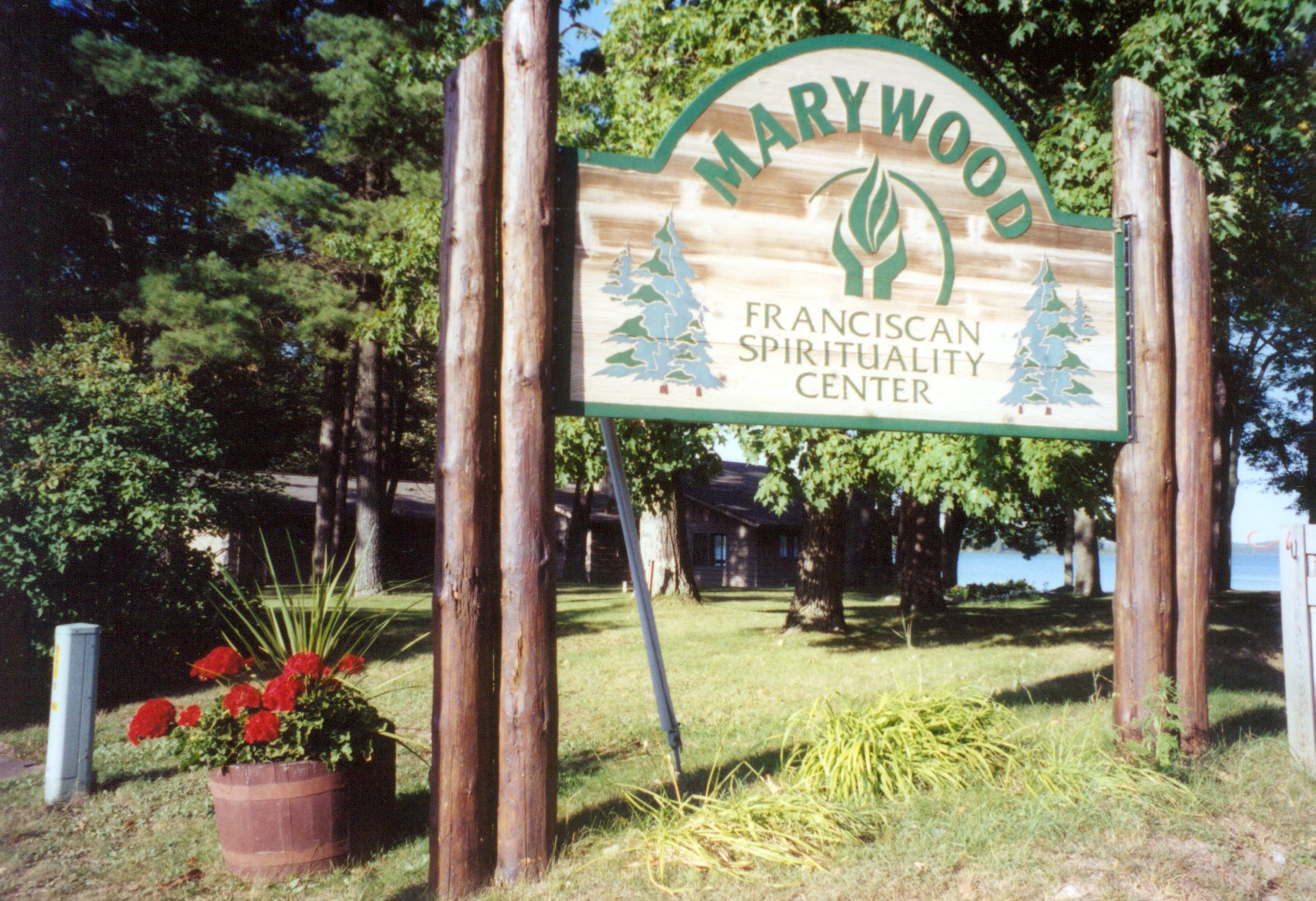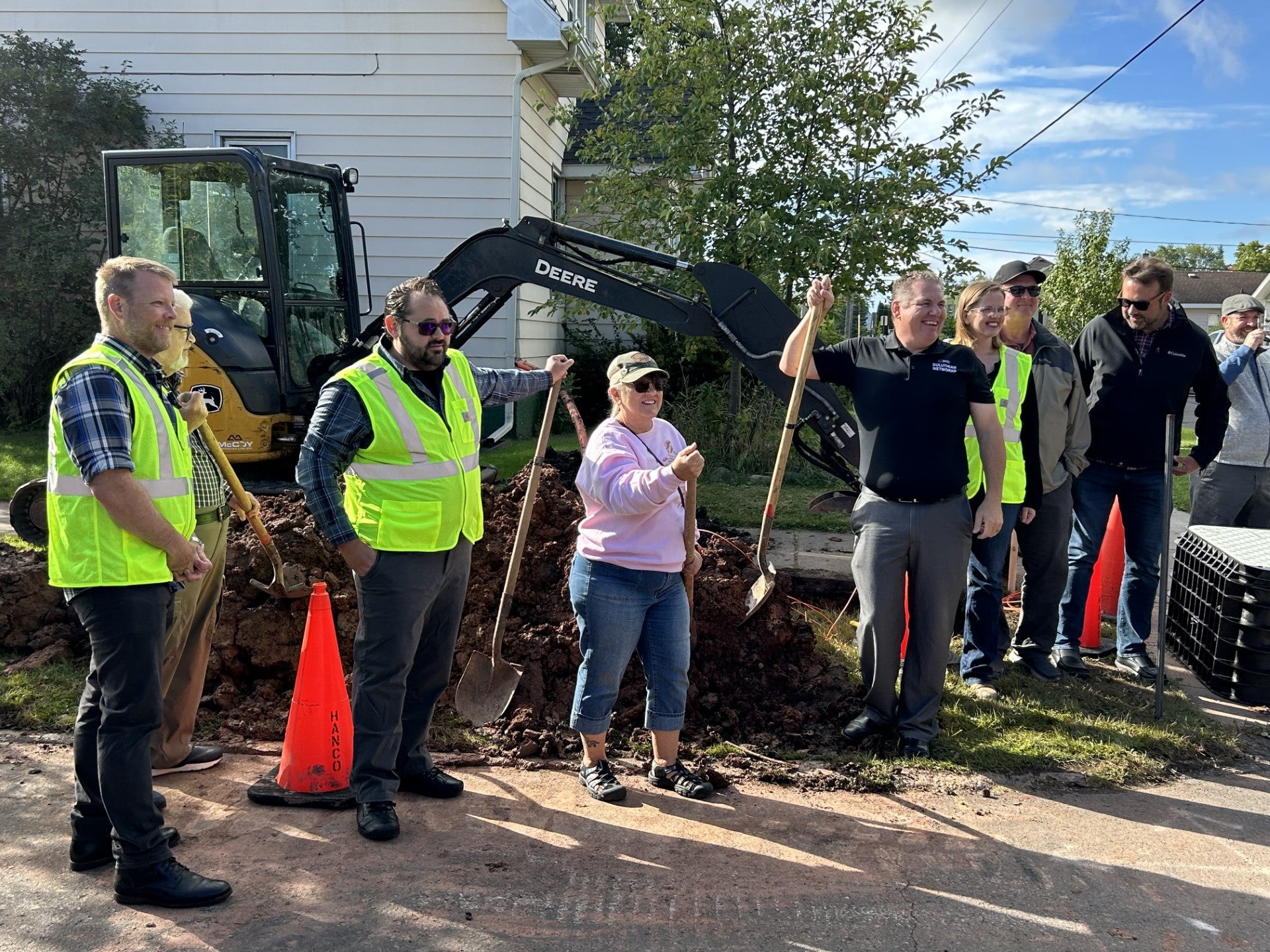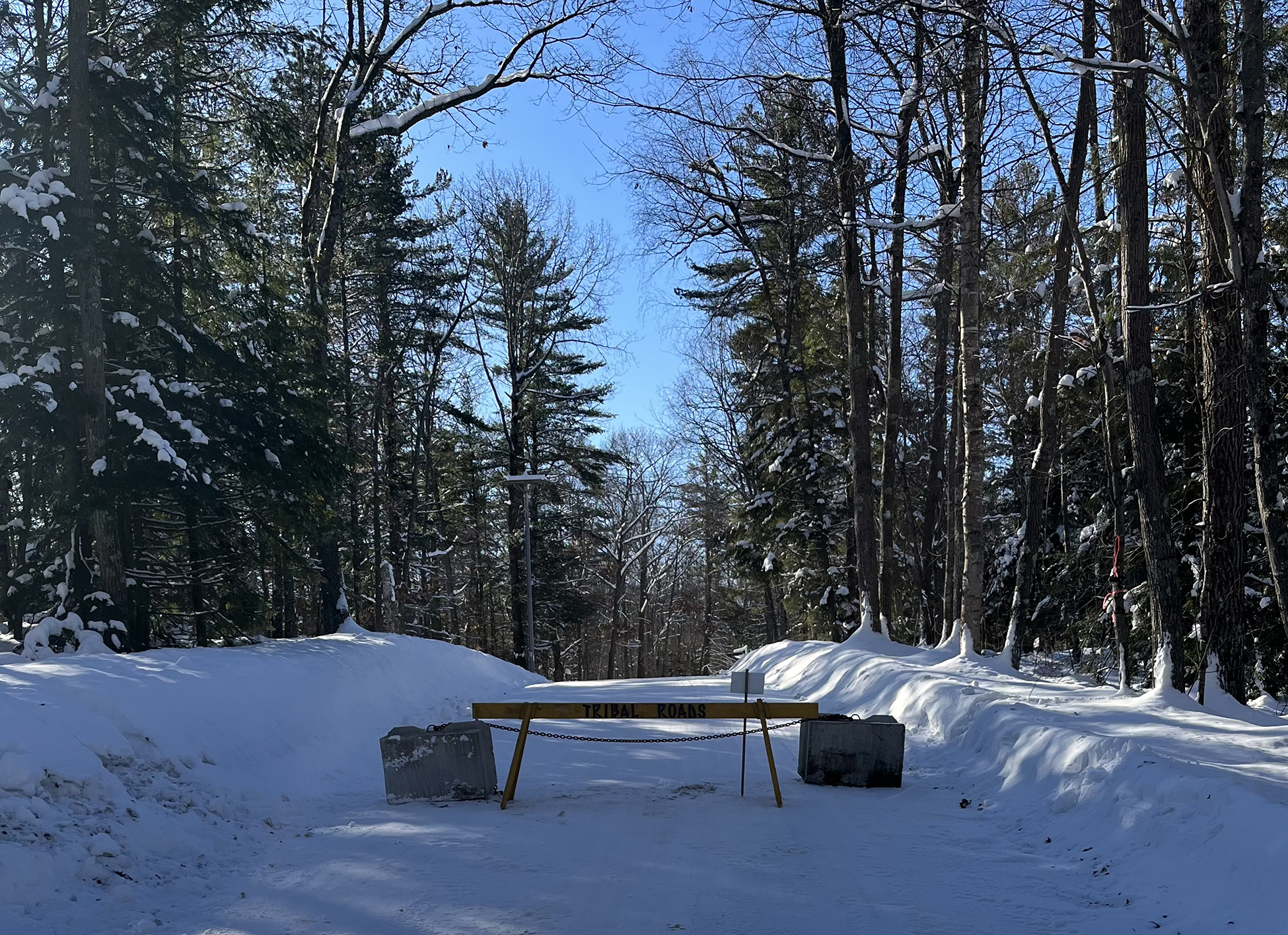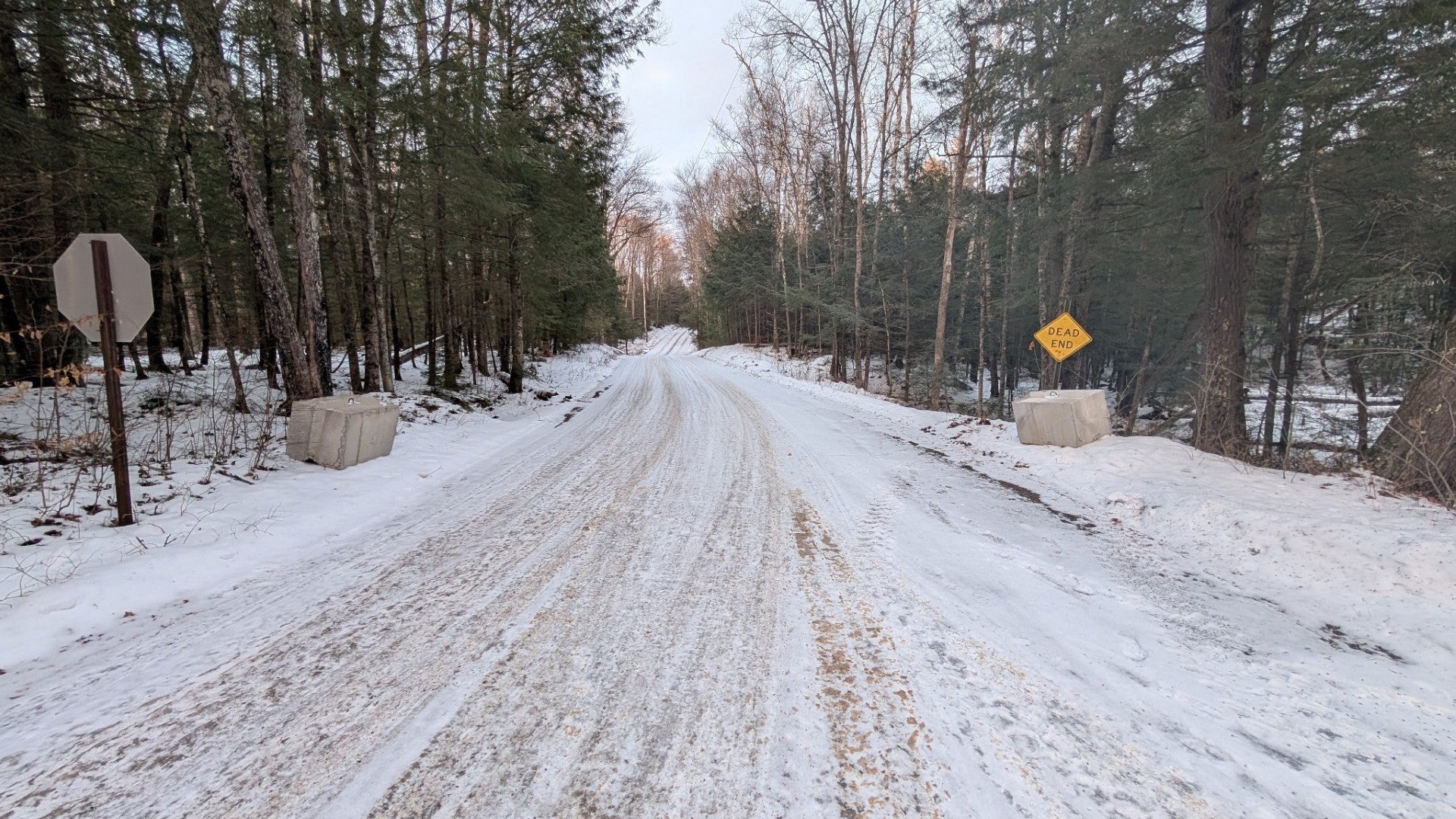A Republican lawmaker on the Legislature’s finance committee is firing back at the leader of one northern Wisconsin tribe that’s accused legislators of discrimination for withholding tribal gaming revenues.
In October, the Republican-controlled Joint Committee on Finance voted to award $1 million in gaming revenues to each of the state’s 11 tribes with the exception of the Lac du Flambeau and Bad River Bands of Lake Superior Chippewa.
Sen. Howard Marklein and Rep. Mark Born, the committee’s Republican co-chairs, have said the committee didn’t release the funds because they say the two tribes have “taken adverse actions” against nontribal residents. They alluded to ongoing disputes over tribal sovereignty, including access to roads on the Lac du Flambeau reservation.
News with a little more humanity
WPR’s “Wisconsin Today” newsletter keeps you connected to the state you love without feeling overwhelmed. No paywall. No agenda. No corporate filter.
Earlier this year, the tribe barricaded four roads from Jan. 31 through March 13 after negotiations broke down with the town and title companies over long-expired easements. Those agreements allowed nontribal residents to use roads on reservation lands to access their homes. Since then, the town has been making monthly payments to the tribe for temporary access. Multiple lawsuits have been filed in the dispute by landowners, the town and the federal government.
On Tuesday, Sen. Mary Felzkowski, R-Tomahawk, argued in a letter that Lac du Flambeau Tribal President John Johnson Sr. failed to exhaust all possible options for resolving the feud before barricading the roads. Felzkowski sits on the Legislature’s finance committee.
“Perhaps I’m overly confident in myself, but I’m certain that if you had picked up the phone and called me, I could have helped you to resolve this devastating disagreement with the town in a less destructive manner. But you didn’t pick up the phone,” Felzkowski wrote. “The blame for that lies with me, and it lies with you.”
After the committee withheld the gaming funds, Johnson and Bad River Tribal Chairman Robert Blanchard wrote letters to its Republican co-chairs and Gov. Tony Evers, saying the state was discriminating against them. Johnson and Blanchard acknowledged that the two tribes have taken steps to protect the “jurisdictional integrity” of their reservations in the last few years.
“Instead of being respected as reasonable governments taking steps to safeguard their territorial jurisdiction, we are being discriminated against by the State with monies extracted from Indian country,” the letters read.
The two tribal leaders have urged Evers and lawmakers to rectify the situation, hold another meeting and award the funds. Last month, the governor called on the Legislature’s finance committee to do just that. He asked the Department of Administration to submit a request that the committee award the $2 million withheld from the tribes.
The committee was set to vote on the request Tuesday, but no action was taken. Marklein referenced letters sent to tribal leaders by Felzkowski along with Sen. Romaine Quinn, R-Cameron, and Rep. Chanz Green, R-Grand View.
“Before taking any action on this item, we want to allow this dialogue to take place,” Marklein said.
In her letter, Felzkowski said she struggled to reach Johnson while roads were barricaded on the Lac du Flambeau reservation.
“When we finally spoke, you told me that everyone else involved ‘was a bad actor’. I can’t speak to that, and that will all be settled in the court of law,” Felzkowski wrote. “But what I do know is this: Good actors don’t give their neighbors 24 hours’ notice that they are barricading them in their homes.”
The northern Wisconsin lawmaker said she’s looking to meet with the tribal leader and “reset this relationship” for the sake of affected residents.
Johnson, the tribe’s president, declined to comment over the phone when reached by WPR on Tuesday. He previously told WPR he’s not wrong about disputes where tribes are protecting their lands and treaty rights.
“I should never have to apologize for something like that, that I’m trying to keep intact for future generations of our grandchildren,” Johnson told WPR.
In a separate letter, Sen. Quinn and Rep. Green said they wanted to discuss a long-term solution with Bad River’s tribal chair. The request comes as Bad River has been at odds with nontribal residents on its reservation following a federal appeals court ruling last year regarding property taxes.
The decision found the state could no longer tax tribal properties on some reservation lands. The ruling stemmed from a federal lawsuit brought by four tribes in 2018, including Bad River. The decision meant removing tribal residents from the tax rolls in the town of Sanborn, which lies entirely within the Bad River reservation. That caused property tax bills to skyrocket for nontribal residents last year. The town is also refunding tribal residents who paid taxes under protest while the appeals court decision was pending.
“Many concerned constituents have contacted us about the undue tax burden they now face and the uncertainty the decision has caused in their communities and relations with the tribe,” the two lawmakers wrote.
The two northern Wisconsin lawmakers also said they were troubled by the tribe’s approval of a tax on nontribal members who own property within the reservation, saying a lack of details about the plan has caused more angst among residents.
Rep. Green was not available for comment, and attempts to reach Sen. Quinn and Bad River’s tribal chairman were unsuccessful on Tuesday.
Wisconsin Public Radio, © Copyright 2025, Board of Regents of the University of Wisconsin System and Wisconsin Educational Communications Board.

